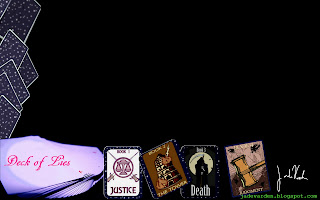Look around at the world and notice not what is there…but who is missing. No longer will you see a man on stilts at twilight, meticulously lighting gas lamps up and down the street. You won't find a friendly milkman making deliveries. And the men wearing the long beaks who scooped up plague-ridden bodies were out of work in the 1400s. Innovation and technology always usher in new changes. But when something new begins, something else ends. And when it comes to ChatGPT, is this the end of human writing as we know it?
The Ultimate Ghostwriter
So what is ChatGPT? Depending on who is answering, this is a fascinating new innovation full of possibilities...or a demon invention summoned from the blackest pits of Hell. ChatGPT is actually an AI writing tool that can, for all intents and purposes, write anything. Articles, screenplays, entire novels even. You plug in some basic elements of what you want and the darn thing generates humanlike writing that can be difficult to tell from actual human-created content.
And if learning about ChatGPT gives you a strange sinking feeling and you feel the darkness of despair creeping ever closer to you, then you are probably a writer. You might even find yourself wondering if you're about to join the ranks of the now-useless, like those plague guys or the old gas lamp lighters.
Are Human Writers Obsolete?
The recent writer's strike largely involved ChatGPT and concerns about how this tech will be used moving forward, though many of the headlines focused on pay disputes and other issues surrounding the strike.
Writers on all levels have reason to be curious and cautious about this tech. For the first time in human history, a machine can write dialogue and plot and actually tell a story. So you might feel a lot like the gas lamp guy the day the light bulb was invented.
And yes, it is a little bit scary. AI writing software is sophisticated enough to understand grammar and syntax and even slang. It can churn out entire novels with extreme quickness and write words much faster than any human ever could.
But don't throw out your old plague mask yet, so to speak. Because for all their sophistication, there is something that machines and tech can never do: create ideas.
You can teach a computer how to write like a human and play chess like a human and answer questions like a human would. You cannot teach a computer how to actually be creative. Computers can study all of literature and can even create stories that are similar to stores created before. But a computer will never truly come up with a creative idea for one very good reason.
Only humans can do that. Only humans can invent. No computer program can really be taught how to do that. And as long as that continues to be the case, human writers are still needed.





















